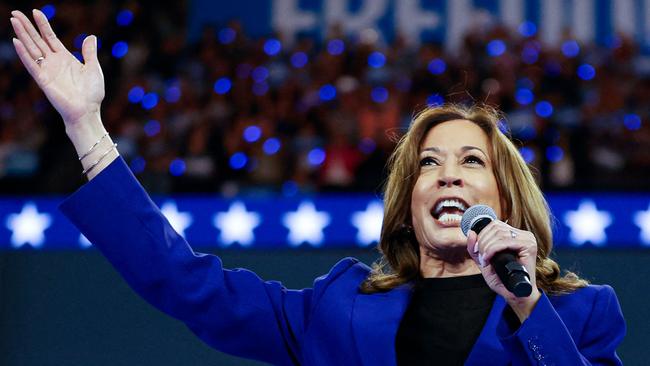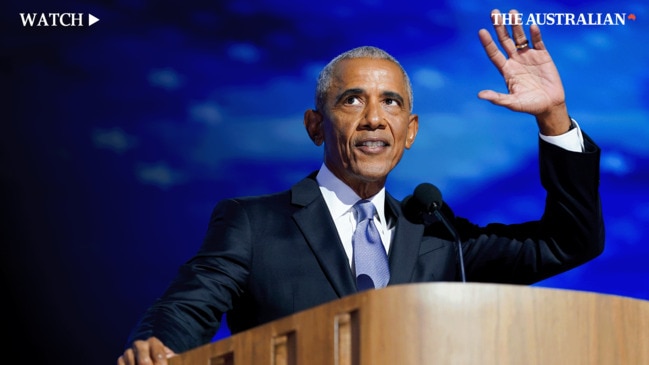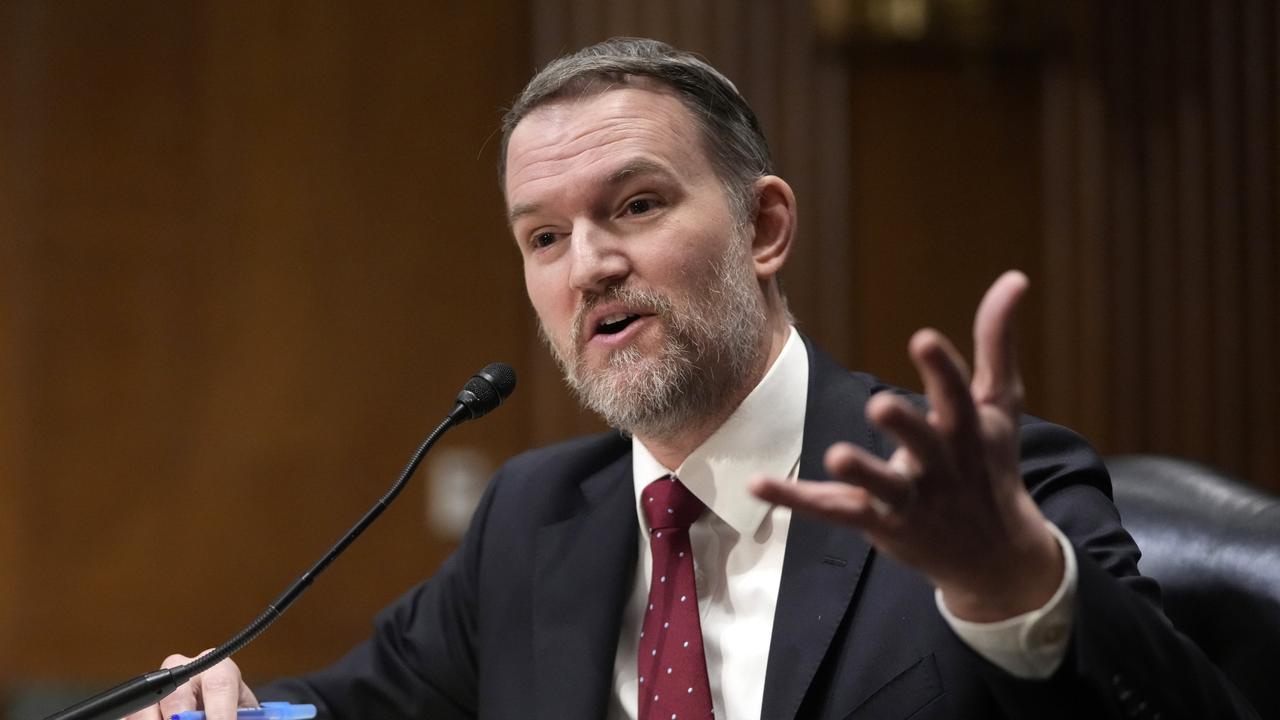
If anything like what she is foreshadowing actually becomes legislation it would almost certainly cause a major fall on Wall Street and reduce the value of shares and other equity investments around the world.
At this stage the US stockmarket either does not believe she will become president or does not think that congress will allow her to carry out what, at this stage, are not always well defined promises.
Her opponent, Donald Trump, plans a set of policies that are diametrically different. If carried out, Trump’s policies would hinder global trade but almost certainly boost the value of a large number of US shares.
Although the prospect of lower interest rates is the main force currently driving Wall Street higher, it could be argued that the rise is also partly a Trump policy-driven rally generated when he was set to defeat Joe Biden.
The Harris policies are based on the fact that America’s billionaires got 62 per cent richer during the Covid-19 crisis and dominated wealth creation in the ensuing post-pandemic years.
Corporate profits have risen strongly.

Harris’s plan to strip the billionaires of that wealth and redistribute it to less well-off Americans has few precedents outside communist countries.
Here are some of the measures she is canvassing:
• Company tax rates rising to 28 per cent from 22 per cent. That obviously reduces corporate profits (Trump promises to reduce company tax to 21 per cent or even lower).
• Taxing capital gains at the same rate as regular income for individuals earning $US1m ($1.5m) or more. The top US income tax rate is currently 37 per cent. That’s a huge disincentive to taking risks to achieve a capital gain.
• Harris canvasses lifting the top marginal rate to 44 per cent, which would then also apply to capital gains.
• The US version of the ”Chalmers tax” on superannuation is that those with wealth of more than $US100m will pay a 25 per cent tax on unrealised gains. As in Australia, it is designed to force people to sell, although many will transfer into some other tax-effective vehicle.
Harris has not set out when the unrealised gains tax would start. Given the likely fall in asset values if such a tax was introduced it would not trigger large immediate revenue. But given the ruthlessness of her attack on billionaires, it may be retrospective.
• An ill-defined plan makes it harder to deduct interest on borrowings. It looks to be similar to a ban on negative gearing where the interest on the asset exceeds the income of the taxpayer.
• A federal ban on price gouging, focusing on “excessive” price increases and “unfair mergers and acquisitions that give big food corporations the power to jack up food and grocery prices”. It is unclear how this provision would be enforced.

To date most of Harris’s attacks on Trump have concentrated on his character and the court cases. But eventually the debate will swing to the stark differences between the Harris and Trump approaches to the economy.
Harris has already linked Trump’s plan to put a 10 per cent tariff on all imports and 90 per cent on imports from China as a form of GST that will boost the price of goods.
Trump plans to use the proceeds from tariffs to boost manufacturing investment and he plans to allow greater gas and oil drilling to lower the cost of US energy, making manufacturing more economic and limiting the impact of the tariffs on prices.
Harris has totally different environmental policies that will increase the cost of energy. The US investment boom that Trump envisages may not take place under Harris because of the likely fall on Wall Street and higher energy costs.
But the money raised by Harris will be spent on a series of social programs which Americans will find very attractive and will boost retail spending, housing and medical expenditure.
Given the scale of the redistribution of wealth that Harris is proposing, the election contest – between capital investment and employment generation on the one hand and social services funded by taxes on the rich on the other – creates a rare situation.
Harris proposes multiple wealth redistribution measures that greatly expand access to affordable housing, enhance tax breaks for families, ensures healthcare coverage for individuals – and more recently includes ending the tax on tips.
The concessions will be very costly, which is why the tax on corporations and the wealthy needs to be high.
Harris’s campaign spokesman James Singer says her plan “is a fiscally responsible way to put money back in the pockets of working people and ensure billionaires and big corporations pay their fair share”.
If Wall Street believes there is a chance her program can be implemented, the wealth of the billionaires will fall sharply – but so will that of many other people.






Kamala Harris is now the opinion poll and bookmakers’ frontrunner to be the next president of the US. Behind the emotive anti-Trump campaigning by Harris is a set of taxation and other promises that aim to redistribute wealth in the US on a scale never seen in a major democratic country.